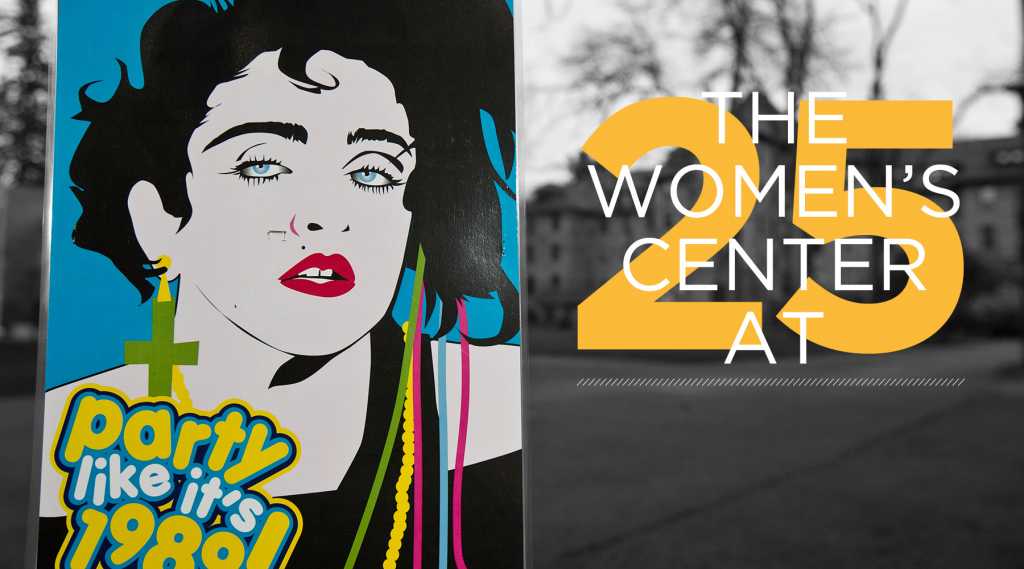Page 46 • (459 results in 0.171 seconds)
-
GEOS 107. My studies were split into two primary sections. For the first part, I worked with a tutor from the Oxford ecology department, where I focused on climate change indicators, attributions, and spent a good amount of time on biodiversity impacts and conservation policy. I culminated these weeks with a research project on Pacific Northwest salmon conservation laws and policy history. For the second section, I had the opportunity to work with a member of UKCIP, an organization that develops
-
Hispanic Studies 3:45-5:25 p.m., Regency Room, AUC Dr. Alex Hinton , Rutgers University, “The Paradox of Perpetration: Reflections from the Cambodian Genocide” Abstract : From 1975-1979, Cambodians endured the loss of at least 1.7 million of its 8 million inhabitants, almost a quarter of the population, from disease, starvation, overwork, and outright execution. I will examine some of the insights about perpetrators that may be gleaned from the Cambodian genocide. Specifically, I will consider
-
enjoyed it so far,” she said of the career shift. “This was a great opportunity to combine epidemiology with environmental ecology.” Her day-to-day work includes studying birds and various species of mosquitoes, seeking to understand what keeps West Nile prevalent in Atlanta. The professors who run her lab have global connections, and have been consulted frequently as Zika continues to spread. There are no vaccines or medications available for Zika, which has spread rapidly through South and Central
-
paper will also demonstrate the indomitable fights of Asian Americans for racial equality. The “China virus” and “disease carriers” run in the same historical groove, stirring hatred, racial antagonism and social conflicts. It has been one and a half centuries since Congress passed the 1882 Chinese Exclusion Act which was quickly extended to other Asian immigrants. The Gentleman’s Agreement of 1907, the Oriental Exclusion Act of 1924 and the Executive Order of 9066 in 1942 were part of federal
-
intervention or administering medications. The student must be capable of perceiving the signs of disease and infection as manifested through physical examination. Such information is derived from images of the body surfaces, palpable changes in various organs and tissues, and auditory information (patient voice, heart tones, bowel and lung sounds). The student must be able to modify decisions and actions when dictated by new relevant data or after analysis of existing data. The student should be capable
-

Coordinator. Spring 2015 Jennifer Warwick is named to a national Center for Disease Control & Prevention Think Tank on Sexual Violence Prevention on College and University Campuses. Sarah Curtis-Tilton ’10: Former intern and SAPET Coordinator “It might almost be better to ask, ‘How has the Women’s Center not impacted my life?’ The list would certainly be much shorter that way. On a holistic level, the Women’s Center gave me a place to call home while I was at PLU. It was one of the places where I felt
-
Berguson, program director for the Telemark Gateway, says both programs look beyond Scandinavian heritage and focus on the “needed element” of studying contemporary Norway. “Our courses (in Scandinavian-area studies) and study away both strive to move students from an interest in heritage to an interest in how Norway approaches disciplines like business, alpine ecology and literature from their perspective,” she said. Norway NostalgiaRead what Sonja Ruud '12 has to say about her journey abroad in
-
States as an orphan. An estimated two million people died as a result of war, famine and disease caused by the Second Sudanese Civil War — including five of David’s siblings and his father. At one time, four million people were displaced. David, now 29, remains one of them. That will change Dec. 30, at least temporarily, when he travels to South Sudan for a four-week reunion with his mother, sister and other loved ones. The trip follows what David describes as a lifetime of isolation. “Most of what
-
there that you wouldn’t normally see in the community very often,” Larsen said. Adequate medical care for inmates is a constitutional right. But for Larsen, it’s more than that. “I get a direct, daily sense that I make a difference,” he said. “What I do now is right in front of me, it’s almost immediate all the time.” And that feeling was precisely what Larsen was after when he made a midlife career change more than a decade ago. Larsen, who studied evolution and avian ecology at The Evergreen State
Do you have any feedback for us? If so, feel free to use our Feedback Form.


